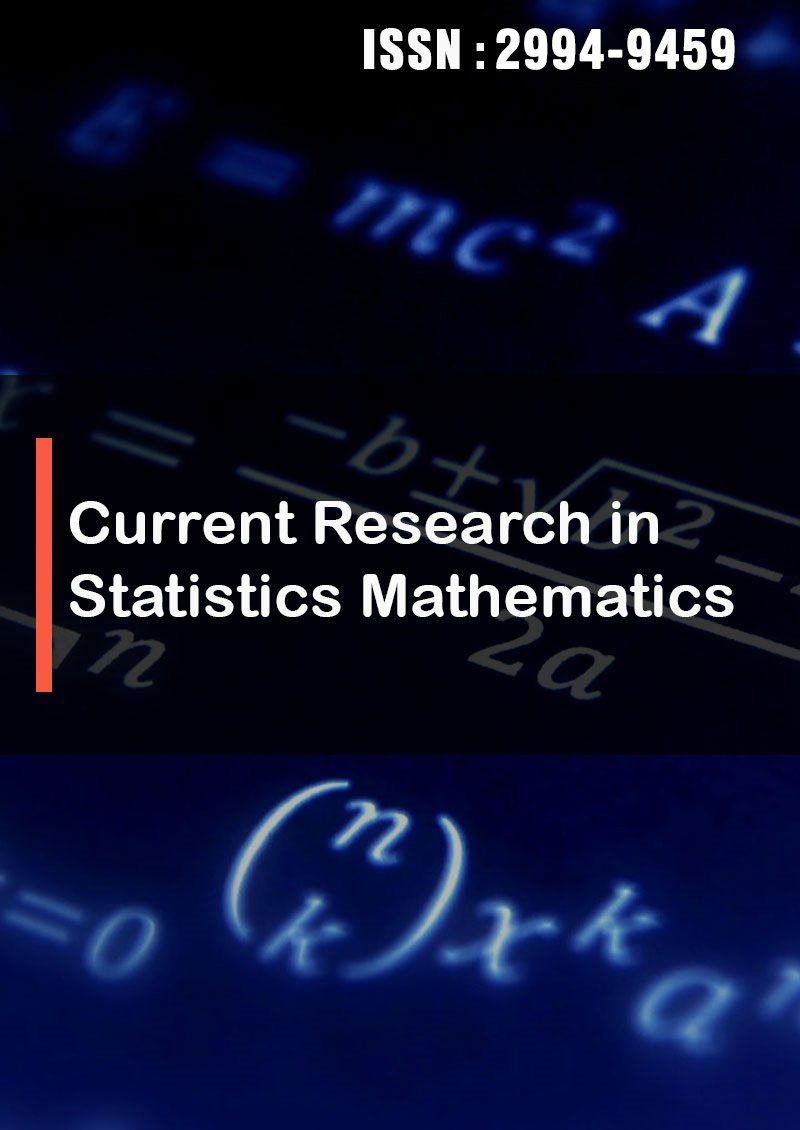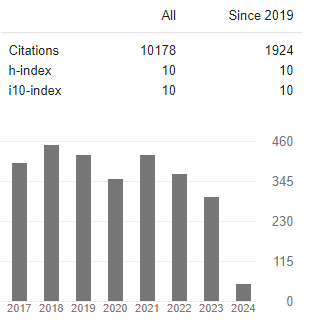The Quantification of History and the Idealized Paradigm
Abstract
Jiesheng Wang, Weipu Sun
“Idealization” is the thinking foundation of the paradigm of natural science research since Galileo. For a long time, the difference in the thinking way has been mistakenly regarded as the characteristic of the research field. That has caused the dilemma of theory and practice in the scientization of history. On the basis of strictly following the paradigm of idealized thinking, natural science owns the distinctive features: no subjective value judgment, mathematical modeling that does not rely on statistics, repeatable experiments under laboratory conditions which are suitable for different space-time environments, and the computer programs for simulation. Apparently, those features also are shown in the history. The development and maturity of artificial intelligence technology requires not only the improvement of computer technology and human brain science, but also the completion of non-statistical modeling and computer programming of human historical behavior patterns.





